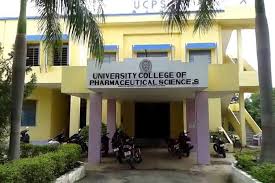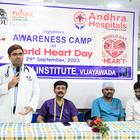Medical experts are urging parents and pediatricians to prioritise early diagnosis of heart conditions in children, asserting that timely detection and intervention can lead to full recovery. Children born with congenital heart defects (CHD) or those developing acquired cardiac diseases may show subtle warning signs—like poor weight gain, shortness of breath, recurrent respiratory infections, easy fatigue, or fainting spells. These symptoms often go unnoticed, delaying critical treatment.
According to specialists, nearly all pediatric heart problems can be treated successfully if spotted early. Delaying diagnosis increases risks such as irreversible damage or complications. Doctors recommend routine cardiac screening in infancy or early childhood, including echocardiograms, ECGs, and other noninvasive tests. They also stress the role of awareness campaigns, training of primary health workers, and integrating heart checks into child health programs.
Once a diagnosis is confirmed, timely surgical or interventional procedures—even minimally invasive ones—can restore normal heart function and ensure a healthy life. Post‑treatment follow‑ups and lifestyle monitoring play a key role in long-term outcomes. In sum, early detection, expert care, and follow-up are the pillars of ensuring that children with heart conditions lead normal, thriving lives.
#CardiacTreatment
#EarlyDiagnosis
#ChildrenHeartConditions
#CongenitalHeartDefects
#PediatricCardiology
#HeartScreening
#FullRecovery
#ChildHealth
#TimelyIntervention
#HeartAwareness










